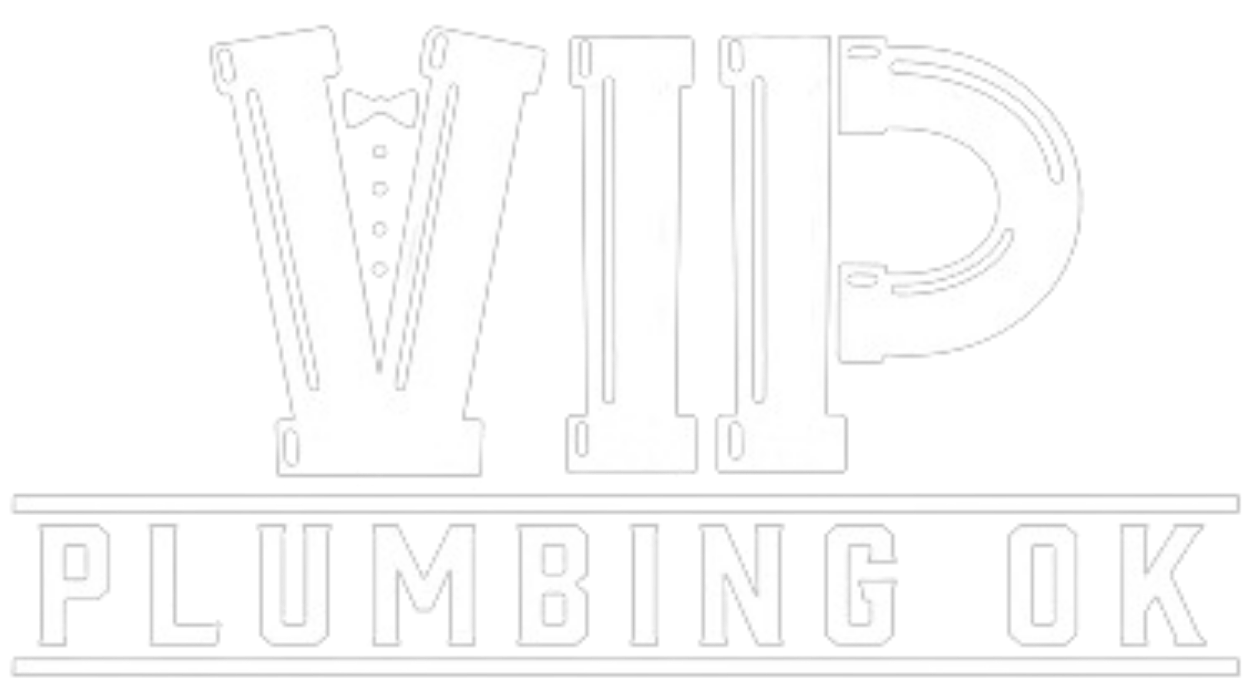A water softener is a whole-home filtration system that removes hard water minerals from your home’s water supply. It is typically installed at the water supply line so all the water being used is softened before it is used.
In this article, we will explain the difference between hard and softened water and why hard water presents problems for homeowners. We will learn how a water softener works and the various components that make up this filtration system. There are a variety of advantages to having a softener installed, and we will help you determine if a softener is right for you.
Finally, we will look at an alternative method for minimizing the negative effects calcium and magnesium, the leading hard water minerals, have on plumbing pipes, fixtures, and appliances.
What Exactly Is Hard Water?
Hard water is found in about 85% of homes across the US. The degree of hardness varies, however, and the harder the water, the more damage one can expect.
Mineral Removal
Hard water contains high concentrations of hard water minerals such as calcium and magnesium, which, if not removed, build up on plumbing fixtures, pipes, and water-using appliances. These mineral accumulations are visible as white stains on glassware, dishes, and silverware and as hidden corrosion inside plumbing parts.
Resulting Damage
Hard water minerals lead to a condition known as limescale. Limescale deposits block plumbing piper interiors, damage heating elements inside traditional water heaters, and reduce the lifespan and efficiency of appliances.
Hard water causes excess wear and tear on plumbing systems leading to frequent calls for service and premature replacement of fixtures, pipes, and appliances. Hard water damage is responsible for many plumbing disasters.
Softened water
Softened water is essentially hard water after the hard water minerals have been removed. It is kinder to plumbing pipes, fixtures, hair, clothing, and dishware and helps promote a maximum lifespan for the entire plumbing system.
Components Of A Water Softener
A water softener is a simple system constructed of just a few components, all working together to turn hard water into water that has been softened by removing certain minerals such as calcium and magnesium.
Mineral Tank
The mineral tank is where the softening process occurs. A water supply line feeds hard water into this tank, where it passes through resin beads and then exits as softened water.
Control Valve
This valve measures the amount of water entering and exiting the mineral tank. It is also designed to initiate the regeneration cycle, which cleans the resin beads after they become saturated.
Brine Tank
The brine tank sits alongside the mineral tank and holds the salt or, in some cases, the potassium needed for regeneration.
How Does A Water Softener Work?
Water softeners utilize an ion exchange process to remove hard water minerals. Inside the mineral tank are resin beads that carry a negative charge. When hard water flows over these beads, the positively charged calcium and magnesium ions are captured and held by the negatively charged beads. The now softened water exits the mineral tank.
Over time the resin beads become saturated, and the control valve initiates a regeneration process. Salt, housed in the brine tank, combines with water and cycles through the resin beads, essentially recharging them so they can again remove the calcium and magnesium hard water minerals.
Maintenance of a water softener basically consists of keeping the brine tank full of salt and having a professional inspection once a year to make minor repairs.
Advantages Of A Water Softener
Installing a water softener has many benefits for homeowners, including but not limited to saving money. Here are the top advantages of purchasing a water softener.
Increased Appliance Lifespan
As hard water minerals accumulate, they interfere with the operation of household appliances such as washing machines and dishwashers. This not only increases the number of service calls it also leads to early replacement of these appliances.
Long-Lasting Plumbing
Hard water takes a toll on plumbing pipes filling them with corrosive materials. This eventually will cause a reduction in water pressure but can also causer pipe failures.
Brighter, Whiter Clothing
Hard water can make clothing stiff to the touch and dull in color. Softening will revitalize clothing, making it last longer and look better. Softened water also requires less detergents and soaps, which helps save money.
Better Water Quality
By reducing corrosion, softened water allows for a higher quality of water. Not only will the water look and feel better, it will help to improve the taste.
Do I Need A Water Softener?
If it has been determined you have hard water, we recommend installing a softener. The key signs you need one are low water pressure from limescale-filled plumbing pipes, stiff and dull laundry, white residue on dishware and fixtures, skyrocketing water bills, and frequent calls for service repairs.
A whole-home softener will benefit almost every homeowner regardless of the degree of hardness in their home. Any way the life of plumbing pipes and fixtures can be extended is a wise decision.
Alternatives To A Water Softener
Not all systems use the ion exchange method. Here we will discuss an alternative that uses no salt and keeps hard water minerals at bay.
Salt-Free Water Conditioner
These systems use template-assisted crystalization (TAC) to address hard water. Like a softener, TAC systems also utilize beads, which convert dissolved calcium and magnesium into micro-crystals that cannot attach themselves to pipe linings, fixtures, and appliances. Therefore, there is no mineral build-up to cause problems over time.
Although both systems deal with hard water minerals differently, a softener only softens, while a TAC is considered an anti-scale system and not a softener.
Looking To Install A Water Softener?
Water softeners are a great way to extend the life of plumbing systems, save money, and counter the negative effects of hard water minerals. If you are unhappy with the effects of hard water on your home, we are the experienced plumber you can trust and rely on to install a water-softening system. Give us a call to begin the process!

